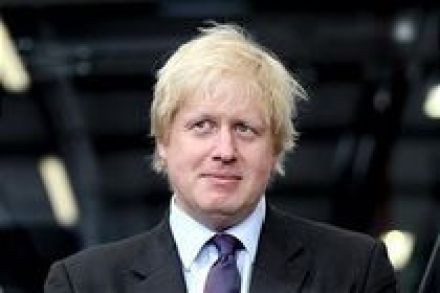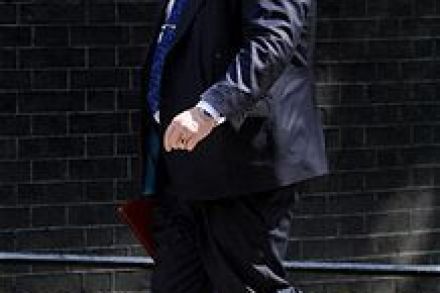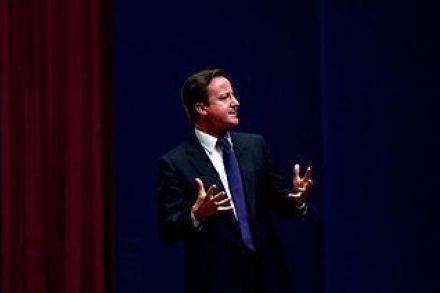The Mirror backs ‘The Special One’
The ballot has opened and the Mirror has joined the mounting chorus in favour of David Miliband. They say of Miliband: ‘We believe he has the intellect, talent and experience to take on the Tories – and eventually become PM.’ Their timing is odd, given that Fleet Street and Westminster are currently captivated by Tony Blair’s memoir. But it is also a neat coincidence that Blair’s journey ends on the day that his apparent heir’s begins. As Tim Montgomerie notes in today’s Times (£), the Tories fear David Miliband because he is the only Labour leadership candidate who asks: ‘What would Tony do?’ It goes deeper than that. Tony Blair




















